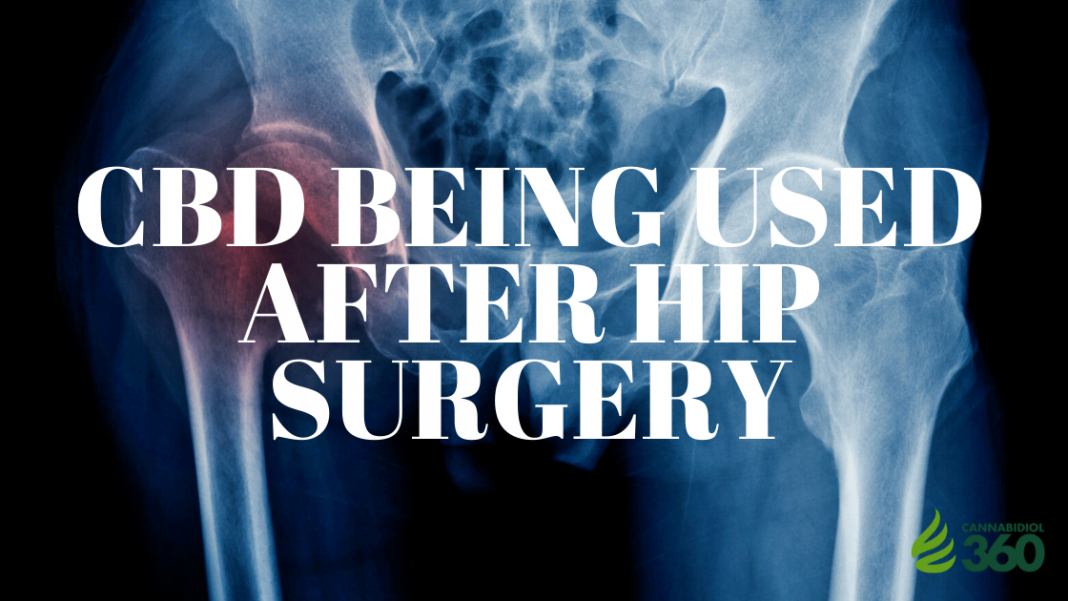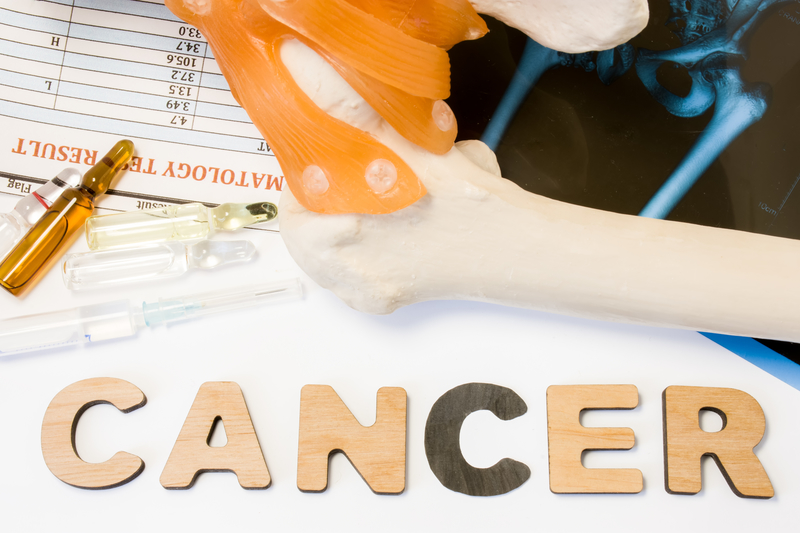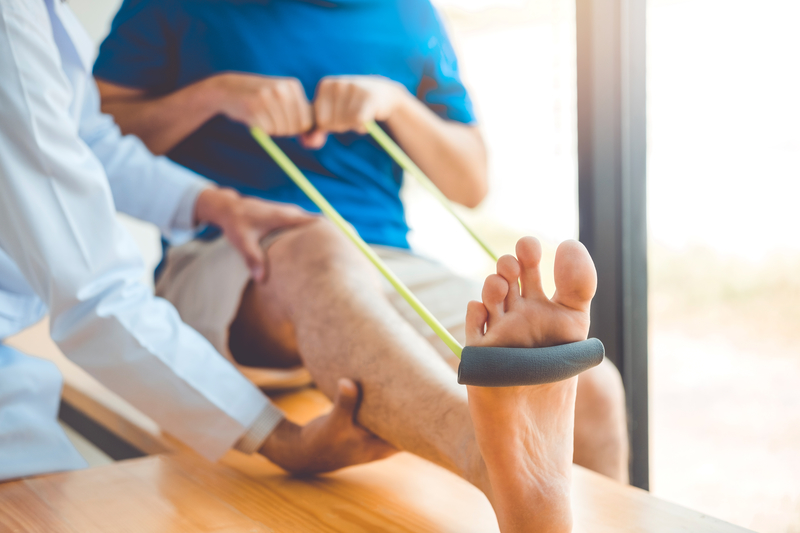
Hip surgery is no laughing matter, but could you effectively use CBD for your hip replacement surgery to expedite the recovery process?
Anyone who is preparing for it is well aware of the long recovery time that awaits them after the surgery has been completed.
About 120,000 people have hip surgery annually, which means that it’s an extremely common surgical procedure.
While hip replacement surgery tends to be performed on people who are above the age of 40, anyone of any age can require it because of the wide array of hip-related ailments that exist.
If you’re planning on having a surgical procedure performed on your hip in the near future, you might be already preparing for the recovery process.
Most of us know a lot of rest is required and finding a healthy way to deal with the pain is essential as the hip surgery recovery process can be notoriously painful.
For those looking for a holistic, natural way to get through the recovery process with as little pain as possible, you might want to give CBD a try following your hip surgery.
As more and more studies come out showing the ways in which this cannabinoid may be able to help with severe pain, it’s harder to deny that this compound just might be able to help you recover with a surprising amount of ease.
We’ll be covering the ways in which you can take CBD to get through the hip surgery recovery process after receiving surgery.
But, first, let’s discuss hip surgery and the different types of procedures that are out there.
Why Do People Need Hip Surgery?

The hips are two joints that connect the legs to the torso. They are surrounded by muscular tissue that acts as a cushion.
We use our hips daily, as without them, we could not sit, bend over, lift our legs or sway from side to side.
Because we use our hips so much throughout the day, it’s natural that as we age, they begin to show signs of wear.
Without our hips, we wouldn’t be able to sit or walk around. This is why hip surgery is so common.
After all, you need full functionality of your hips in order to get through your life.
So, if our hips begin showing signs of a problem, and the problem can’t be reversed, hip surgery is crucial.
There are many things that can contribute to your need to get hip surgery. Let’s discuss some of the most common reasons for hip surgery.
Injury
An injury of the hip can often require surgery.
Hip injuries can be caused by a wide range of factors, whether it be due to a fall or a car accident.
Our hip joints can even become injured over time due to overuse.
Arthritis
Arthritis is a condition in which the joints of the body become inflamed.
Hip pain is often associated with arthritis, and the joints of the hip can gradually break down over time.
When they’ve broken down to a certain extent, surgery is required.
Wear and Tear Due to Aging
As we get older, our joints begin to show signs of wear and tear, simply because we’ve been using them daily for so many years.
Like a creaky door, our joints gradually lose their ability to move fluidly, and they may become stiff and painful.
Natural wear and tear can lead to the necessity to receive hip surgery.
Cancer

Certain forms of cancer can cause tumors to develop on the hip joints, which means that hip surgery is necessary.
Other Forms of Illness
Certain ailments such as osteoporosis and osteogenesis can cause the hip joints to be susceptible to breaking easily.
With these types of illnesses, hip surgery may be necessary.
What Types of Hip Surgery are There?
These days, advancements in the medical industry have allowed us to have access to a wide range of surgical procedures that address the hip.
Replacement Surgery
There are two types of surgical procedures that relate to the hip, and those are replacement surgery and non-replacement surgery.
Replacement surgery involves replacing either a portion or the entire joint of one or both hips.
Full Hip Replacement
Full hip replacement surgery involves replacing both the femur and the ball portion of the joint with artificial pieces so that you have a brand new hip.
This type of surgery is by far the most invasive and intense of all hip procedures, which is why it’s usually reserved for those with severely damaged hip joints.
Partial Hip Replacement
Partial hip surgery involves replacing only the ball portion of the hip joint.
This is only performed on those who have a functioning hip socket.
Typically, it’s performed on people who have experienced some form of hip fracture.
Non-Replacement Surgery
There are other forms of surgical procedures that don’t require any type of replacement.
Hip Resurfacing
Hip resurfacing is often performed on those who have arthritis. It involves removing a portion of the hip joint and replacing it with a metal cap.
It also involves placing a metal socket in the pelvis. This allows for full range of motion and a relief from pain.
It also preserves the majority of the bone.
Hip Fusion
Hip fusion is no longer very popular because more advanced procedures have been developed.
It involves fusing together the femur and the pelvis, which means that you can no longer move your hips.
What’s Involved Immediately Following Hip Surgery?
Once you have received hip replacement surgery, your doctor will give you specific instructions so that the hip recovers completely from the procedure.
Rest

Rest is required, both for the hip and yourself.
Surgery is extremely draining to the body, and the body must rest so that it can heal.
And, the hip itself must rest because overuse can cause the surgery to be less effective.
Painkillers

A doctor will likely prescribe painkillers as the recovery process can be very painful.
Your doctor may prescribe NSAIDs like Ibuprofen or heavy opioid drugs.
Physical Therapy

Once you have fully rested, you can begin physical therapy so that the hip joint and surrounding muscles can be strong and mobile once again.
Can CBD Be Taken Following Hip Surgery?
CBD is becoming a more and more popular product for people who want to recover from hip surgery as quickly and smoothly as possible.
This is because CBD may be able to help you manage your pain levels without many of the side effects associated with heavy painkiller drugs.
More and more studies have found that CBD has a strong potential to treat severe pain.
Is CBD Safe?
Before we get into the ways in which CBD may be able to help with pain, we have to state that CBD is widely considered safe.
However, some people may not be as tolerant to cannabis as others.
Is CBD Legal?

CBD is completely legal as long as it comes from the hemp plant and contains less than 0.3 percent THC.
Ways in Which CBD Can Benefit You Following Hip Surgery
Now, let’s get into what makes CBD such a promising pain-relieving product for post-operative recovery.
CBD’s Anti-Inflammatory Powers Can Help You Heal More Quickly
A study found that CBD can help with intense pain caused by inflammation.
This is because CBD seems to boast powerful anti-inflammatory activity.
Inflammation results from a surgery as the body perceives itself as injured. This can cause swelling, pain and redness.
CBD’s Strong Analgesic Properties May Minimize Pain
CBD may also be an analgesic, which means that it may be able to stop the brain from receiving pain signals from the nervous system.
How to Take CBD Following Hip Replacement Surgery
Yes, there are ways and methods for taking CBD, but it needs to be done properly.
Tip #1: Tell Your Doctor Beforehand
Your doctor should know anything that you’re taking following your operation, including CBD.
Tip #2: Go with a High Milligram Concentration
Because post-surgical hip pain can be severe, you’ll want to go with at least a 1000mg CBD concentration.
Tip #3: Do Your Research to Find a Quality CBD Product

Quality is essential as low-quality CBD products may not be pure enough to deliver real results.
Tip #4: Take the Recommended Dose in the Beginning
We strongly recommend taking the suggested dose each day.
After a week or so, you may increase your dose as needed.
Let CBD Potentially Help on Your Way to Recovery
Recovering from hip replacement surgery can be a long and painful process due to its invasive nature.
However, it’s possible that CBD may help move things along while minimizing the pain that you experience.
Speak with your doctor and find a CBD product that’s high in quality in order to experience the best possible results.












